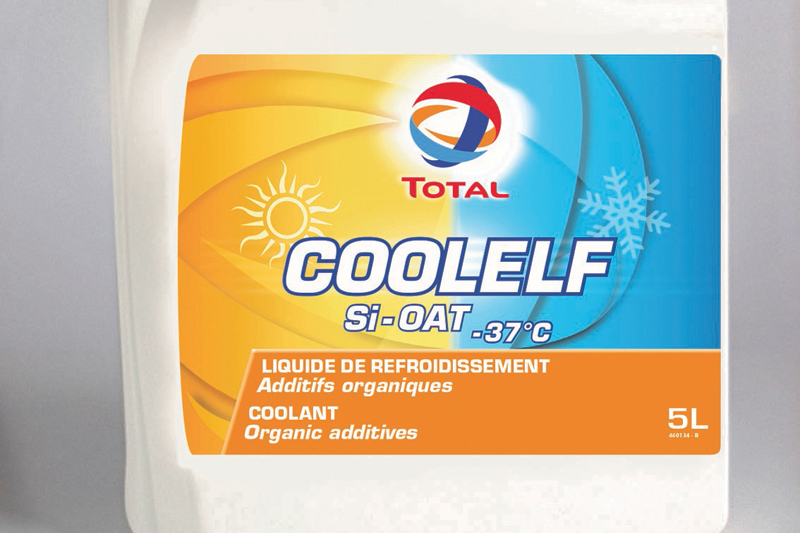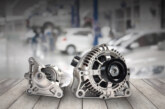
With the cold weather starting to set in, Total Lubricants provides its guidance for commercial vehicle fleets and workshops about the importance of appropriate engine oil and coolant selection.
“Commercial vehicles always have to work hard carrying heavy loads, but even more so in winter, and lubricants and coolants play a key role in maintaining their reliability, which is a top priority for fleet managers,” said Bob Wood, Technical Engineer at Total Lubricants.
Bob explained, “Cold weather reduces the effectiveness of oil and makes it thicker, meaning it doesn’t circulate through the engine as easily as thinner oil, which can lead to damage to the engine components, and even failure to start.”
Using the right type of oil is therefore essential to engine health and performance. If it is too thick, it may prevent the engine from starting and if it is too thin, it won’t provide adequate protection. The ‘W’ on the code on the label stands for ‘winter’ and indicates the oil’s cold weather ability. The lower the number next to the ‘W’, the more effectively it will perform in cold weather.
Total Lubricants claims that the Total Rubia Fuel Economy (FE) range offers excellent engine protection, reduced component wear, enhanced fuel economy and improved performance.
Expanding on this, Bob said, “Total Rubia TIR 9900 FE 5W-30 offers highly extended oil drain intervals due to outstanding anti-oxidant and corrosion properties, resulting in improved added value through cost savings in maintenance, plus first-rate engine protection and piston cleanliness. Its fully synthetic composition provides excellent thermal stability and easier cold start performance.”

As well as oil, it is also important to check the coolant level and concentration regularly during the winter months to ensure protection at sub-zero temperatures.
“Coolants are essential all year round, but the winter brings significant challenges that can affect the performance of the cooling system, making it more difficult to start vehicles on those freezing mornings,” Bob added.
The cooling system in a commercial vehicle helps prevent damage caused by freezing, cavitation, corrosion, overheating and the formation of deposits.
Explaining the risks, Bob said, “Should the cooling system not function correctly, the engine will begin to fail, as could the radiator, water pump, head gasket or engine block. In the worst-case scenario, the engine could overheat and seize.”
Total Glacelf and Coolelf coolants contain the additives required to protect a full range of different types of vehicles, while providing exceptional performance in freezing temperatures.
The range is formulated based on Organic Acid Technology (OAT), and includes ready-to-use and concentrate types, providing protection against freezing, even as low as -37°C.

The Glacelf SI-OAT is the concentrate which is added to de-mineralised water at different concentrations to give the desired low temperature operation: Freezing point -20°C at 33% and -37°C at 50%. It’s been described by Total as a ‘very long life’ antifreeze, made of monoethylene glycol, whilst the Coolelf SIOAT -37°C is already mixed ready for use.
The company has laid out a set of advantages of the OAT, which include increased heat transfer efficiency, extended coolant life, reduced cooling system scaling and deposits, superior high temperature aluminium protection, and up to 50% extended water pump life.
On top of this, the OAT is said to include excellent cavitation protection, high temperature oxidation stability, environmentally friendly inhibitors and decreased maintenance costs.
Bob concluded, “Keeping vehicles on the road and preventing downtime is essential for commercial fleet operators, so when the temperature begins to fall, using the right lubricant and coolant can certainly help in keeping hard-working, heavy-duty vehicles operating in optimum condition.”
Total Lubricants also offers an oil analysis service, ANAC (Analysis Compared), which fleets can use to help identify and prevent engine health issues before they become serious problems.








